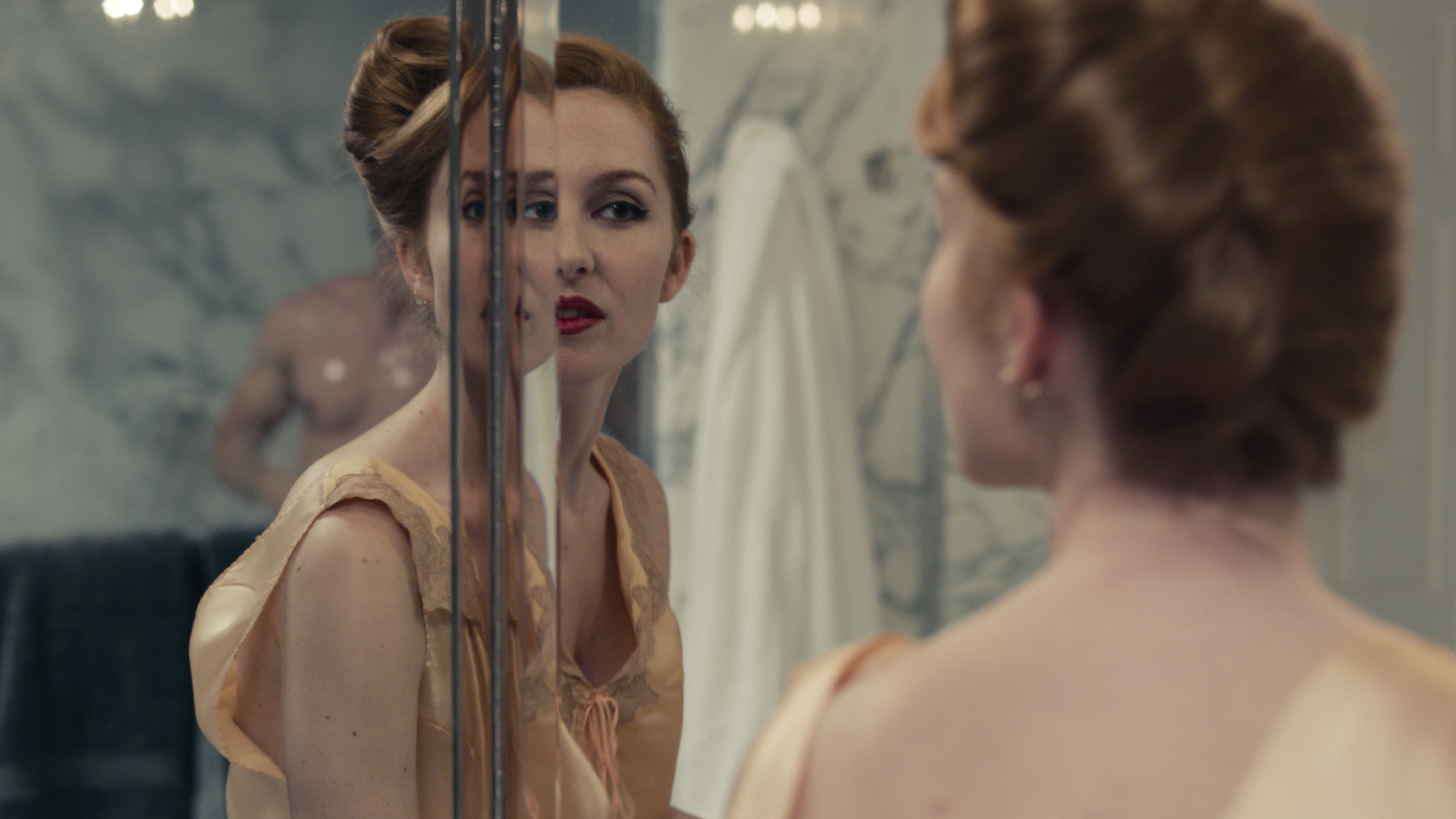Kiss of the Damned
Opens Fri., May 10 at Harvard Exit. Rated R. 97 minutes.
Some vampires are new (Twilight), some vampires are old (Nosferatu), and some borrow from a movie tradition that lies in the VHS middle. Director Xan Cassavetes—yes, from the famous film dynasty—has made a hybrid vampire thriller: present-set in a spooky lakeside Connecticut mansion, yet steeped in the erotic hauteur of vintage European cinema. Ridley Scott’s 1983 The Hunger is perhaps the best-known example of such glamorous bloodsucking, but sexy, ennui-ridden Continental vampires run back through the ’70s and ’60s. Titles like Roger Vadim’s Blood and Roses or Jean Rollin’s Le Viol du Vampire were once aired on the old L.A. cable outlet Channel Z (the subject of Cassavetes’ 2004 doc of the same name). If you’re a fan, as the director is, her Kiss of the Damned will have genre appeal.
Most viewers, however, will find the movie tedious and hermetic, as screenwriter Paolo (Milo Ventimiglia) falls for the sexy French Djuna (Josephine de La Baume), who doesn’t go out during daylight because “I have a skin condition.” Yeah, right; we’ve heard that before. Their romance is set to a retro synth score suggesting Giorgio Moroder. Their first frenzied kiss is through the bolted door to her house; of course Paolo wants in. Djuna chains herself to the bed to protect him from her fangs, writhing ecstatically with lust. But consummation is inevitable, so that Cassavetes can continue with her sibling-rivalry soap opera.
Djuna’s bad-girl sister Mimi (Roxane Mesquida) soon appears, setting up a vampire love triangle. Meanwhile, Paolo expresses a writer’s fascination with his new deer-hunting vampire powers. (As in Twilight, these vamps can feed on animal blood.) “It was so natural,” he muses. “Everything felt so heightened.” (Memo to vampires: Never date a writer.) These murky, slo-mo chase scenes through the forest aren’t much to look at, but Cassavetes effectively creates a feverish mood in what is, after all, a one-location, low-budget film. It’s like True Blood with an MFA but none of the resources. When Paolo meets Djuna’s Eurotrash friends in “the community” at a chic cocktail gathering, he’s asked, “Are you new?” The answer applies to the movie as well: not new enough.
bmiller@seattleweekly.com








